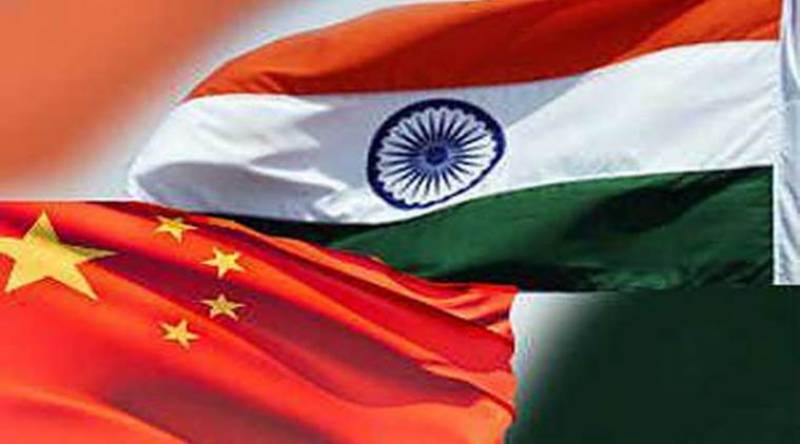India losing South Asia clout to China: Indian officials

NEW DELHI, MAR 28 (DNA) – India has told China it will not intervene in the Maldives and expects it to reciprocate this measure of “strategic trust” by not crossing certain “lines of legitimacy” even as the two countries size each other up in the aftermath of the Doklam crisis last year when they faced off on the plateau.
“The days when India believed that South Asia was its primary sphere of influence and that it could prevent other powers, such as China , from expanding its own clout are long gone,” a senior government official said.
“India cannot claim sole proprietorship of the region. We can’t stop what the Chinese are doing, whether in the Maldives or in Nepal, but we can tell them about our sensitivities, our lines of legitimacy. If they cross it, the violation of this strategic trust will be upon Beijing,” the official said.
So as India gets ready to welcome Nepal Prime Minister Khadga Prasad Oli for a three-day visit on April 6, it is keeping a watchful eye on the rest of the neighbourhood.
Despite some harsh words about India during his election campaign and his overtures to China , Oli is making his first foreign trip to India — and Delhi is taking some comfort on that score.
Foreign Secretary Vijay Gokhale is expected to travel to Sri Lanka and Bangladesh soon.
Sources said he will not go to the Maldives, despite Maldivian President Abdulla Yameen’s messages of peace.
But the senior government official pointed out that the Doklam crisis is an opportunity for both India and China to re-evaluate each other, notwithstanding the widening economic differential between them.
Related News

Iran to buy cruise missiles from Chian
“It’s a complete gamechanger if Iran has supersonic capability to attack ships in the area,”Read More

Iran nears deal to buy supersonic anti-ship missiles from China: report
TEHRAN, FEB 24: Iran is close to a deal with China to purchase anti‑ship cruiseRead More


Comments are Closed